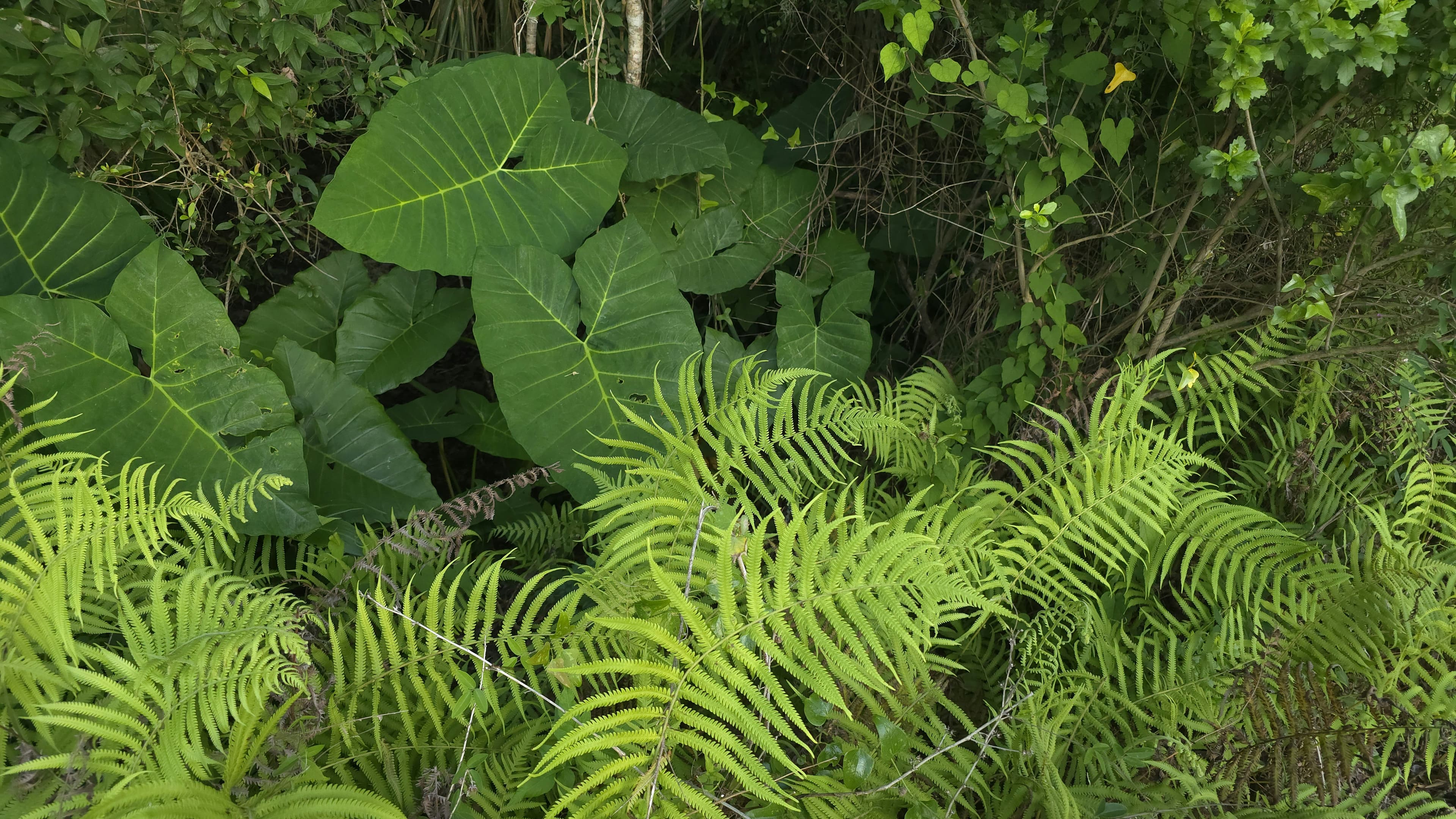
Rain Garden Benefits: Why Every Home Should Have One
December 7, 2024
Jim Whiteford
In this blog, we’ll dive into the numerous advantages of building a rain garden, from protecting local waterways to creating a wildlife haven, while also enhancing the beauty of your outdoor space.
Gardening
Table of Contents
Rain Garden Benefits: Why Every Home Should Have One
There has been a big shift towards being more aware of environmental sustainability, and people are looking for ways to improve the planet by incorporating new creative landscaping solutions. One of these is the rain garden, and what makes them a must have feature of your landscape design?
I hope this blog can provide you with the numerous benefits of building a rain garden, from transforming the beauty of your outdoor space to providing a new habitat for local wildlife.
What Is a Rain Garden?
A rain garden is a bowl like shallow in the ground that is designed to capture and absorb water runoff from various sources, such as roofs, driveways and other hard surfaces.
The difference between this, and say a more traditional garden is just that a rain garden is planted up with more hardy, native species that can tolerate both wet and dry conditions.
What's great about a rain garden is that you not only manage water runoff in an environmentally friendly way but you can have a great looking garden feature as well.
The Top Benefits of a Rain Garden
1. Reduces Flooding and Erosion
The greatest benefit of a rain garden is its ability to manage heavy rainfall. Usually this will cause localized flooding and soil erosion. A rain garden will act like absorbent sponge, slowing and capturing the runoff which allows it to slowly absorb in to the ground.
Why it matters: This helps prevent water from overwhelming the sewers, undermining building foundations or eroding your land.
2. Filters Pollutants
As the rain runoff flows over the various surfaces such as driveways and rooftops it will collect pollutants such as oil, herbicides and pesticides. If you have a rain garden, it can naturally filter any contaminants trough the plants and soil. This provides cleaner water to enter the natural water ways around you.
Why it matters: Cleaner water means healthier ecosystems and safer drinking water supplies for everyone.
3. Improves Groundwater Recharge
A massive issue these days is there is nothing stopping rainwater flow, in the past there would be forests to help stop the water from just running into the rivers and out to sea. Nowadays it flows straight into the drains. Creating a rain garden helps replenish the ground aquafers by letting the water seep slowly into the ground.
Why it matters: This process is great for maintaining groundwater levels, especially in areas that have droughts or water shortages.
4. Supports Wildlife and Pollinators
By planting native plants and flowers, a rain garden provides a haven for bees, butterflies and other beneficial wildlife, which you'll be able to enjoy as well.
Why it matters: Pollinators have a vital role in maintaining biodiversity and supporting food crops, making your garden a contributor to the larger ecosystem.
5. Adds Aesthetic Appeal
Personally I think rain gardens are not only functional but can be beautiful as well! with carful intention the combination of plants, stones and landscaping elements will enhance your enjoyment you get from your garden.
Why it matters: Not only does a beautiful garden make your space more enjoyable, but it will also increase the value.
7. Combats Climate Change Effects
As we see more and more extreme weather due to climate change, rain gardens provide a solution for coping with the heavy rainfall and extreme heat.
Why it matters: By capturing rainfall, rain gardens can help reduce the heat and improve local climate resilience.
Where to Place a Rain Garden on Your Property
To get the most benefits of a rain garden, consider the following placement tips:
- Locate it in a spot where water naturally flows such as near roof runoffs or low lying areas where water might pool.
- Keep it away from your house as to avoid foundation issues, usually around 10 feet is ok.
- Choose an area with good sunlight which will allow you to grow more native plants that tend not to like shade.
Final Thoughts
So by creating a rain garden you can reduce flooding and provide a haven for pollinators as well as filtering pollutants. So there's not much to loose, its a simple but powerful way to be more sustainable while improving the aesthetics and functionality of your garden.
If you’re looking for an eco-friendly gardening solution then a rain garden might be the perfect addition to your property.
